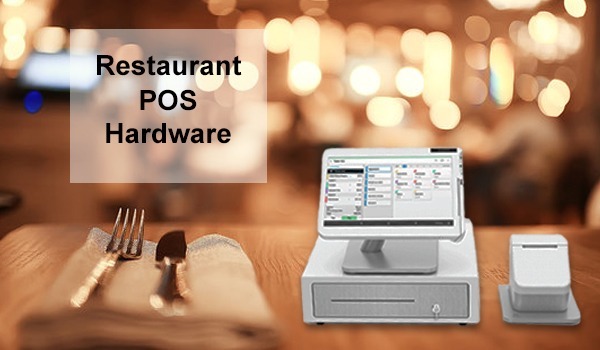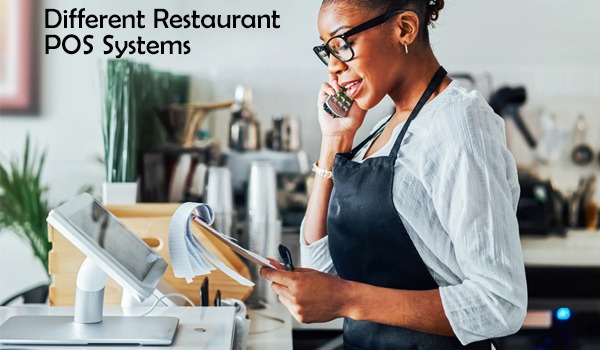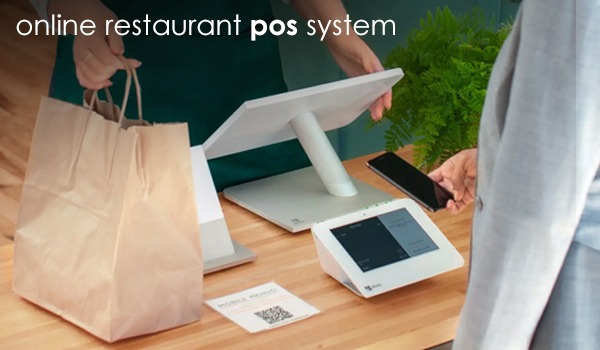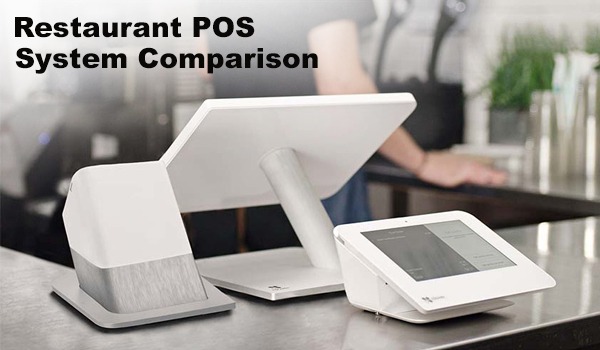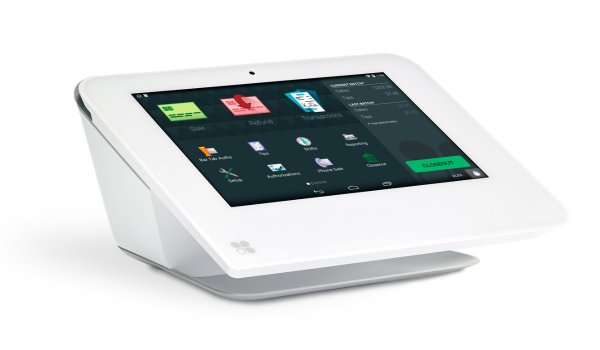
Best restaurant pos software with the payment processor in Pleasanton, California
In the modern restaurant industry, having a reliable POS system with payment processing capabilities is crucial for success. This type of system not only streamlines operations and improves efficiency, but also enhances the customer experience and provides better security. In this article, we will discuss the top-rated restaurant POS systems with payment processing capabilities, as well as the benefits of using this type of system, factors to consider when choosing a POS system, and tips for implementation and security.
Benefits of POS systems with payment processing capabilities
There are several key benefits to using a POS system with payment processing capabilities in a restaurant setting.
Improved Security: By using a POS system with integrated payment processing, restaurants can improve security by reducing the risk of data breaches and fraud. With encryption and other security measures, POS systems with payment processing capabilities can provide peace of mind for the restaurant and its customers.
Increased Efficiency: POS systems with payment processing capabilities can also help restaurants streamline operations and increase efficiency. With the ability to quickly process payments and track sales data, restaurants can reduce wait times, minimize errors, and make better decisions based on real-time data.
Better Customer Experience: POS systems with payment processing capabilities can also enhance the overall customer experience by providing a seamless and convenient payment process. Customers can pay using a variety of methods, including credit and debit cards, mobile payments, and contactless payments, making it easier and more convenient for them to dine at the restaurant.
Top-rated restaurant POS systems with payment processing capabilities
Toast: Toast is a popular POS system with payment processing capabilities designed specifically for the restaurant industry. Its features include online ordering, loyalty programs, inventory management, and the ability to accept a wide range of payment methods. Toast also offers 24/7 customer support and robust reporting and analytics tools.
Square: Square is a versatile POS system that can be used by a variety of businesses, including restaurants. Its payment processing capabilities include the ability to accept credit and debit cards, mobile payments, and contactless payments. Square also offers features such as online ordering, inventory management, and employee management.
Clover: Clover is another popular POS system with payment processing capabilities. It offers a range of features designed for the restaurant industry, including tableside ordering and payment, kitchen management tools, and online ordering. Clover also offers 24/7 customer support and customizable reporting and analytics.
ShopKeep: ShopKeep is a cloud-based POS system with payment processing capabilities that are designed for small to medium-sized businesses, including restaurants. Its features include inventory management, employee management, and the ability to accept a range of payment methods. ShopKeep also offers robust reporting and analytics tools and 24/7 customer support.
Lightspeed: Lightspeed is a cloud-based POS system with payment processing capabilities designed for the hospitality industry, including restaurants. Its features include tableside ordering and payment, kitchen management tools, and the ability to accept a range of payment methods.
Factors to consider when choosing a restaurant POS system with payment processing capabilities
When selecting a restaurant POS (Point of Sale) system with payment processing capabilities, there are several important factors to consider. Here are key factors to keep in mind:
Payment Processing Options: Ensure that the POS system supports a wide range of payment methods, including credit cards, debit cards, mobile payments (e.g., Apple Pay, Google Pay), and digital wallets. Check if the POS system integrates with popular payment processors or if it offers its payment processing service. Having diverse payment options allows you to accommodate various customer preferences and maximize sales.
Security and Compliance: Data security is paramount when handling customer payment information. Look for a POS system that prioritizes security and compliance with industry standards such as PCI DSS (Payment Card Industry Data Security Standard). Ensure that the system encrypts transactions, stores data securely, and implements features like tokenization to protect sensitive customer information.
Reliability and Uptime: The reliability of the POS system is crucial to ensure smooth payment processing and avoid interruptions during peak hours. Research the system's track record for uptime and stability. It's essential to choose a POS provider with a reputation for reliable performance and minimal downtime.
Integration with POS System: Evaluate how well the payment processing capabilities integrate with the overall POS system. Seamless integration allows for a smooth and streamlined checkout process, automatic updates of order totals, and accurate reporting of sales and revenue. Confirm that the payment processing solution is compatible with the POS system you choose.
Transaction Speed and Efficiency: Quick and efficient payment processing is essential for a smooth customer experience. Consider the transaction speed of the POS system and its ability to handle high volumes of transactions without significant delays. Slow or cumbersome payment processing can lead to longer wait times and dissatisfied customers.
Cost and Fees: Evaluate the pricing structure of the payment processing service and the associated fees. Consider factors such as transaction fees, monthly fees, setup fees, and any additional charges for specific features or services. Compare the costs with the value provided by the payment processing capabilities and consider the overall affordability of your restaurant.
Customer Support: Ensure that the POS provider offers reliable customer support for payment processing-related issues. Check their availability, responsiveness, and support channels such as phone, email, or live chat. In case of any technical difficulties or payment discrepancies, prompt and efficient support is crucial to minimize disruptions to your operations.
Reporting and Analytics: Analytical capabilities are valuable for understanding your restaurant's financial performance. Look for a POS system that provides detailed reporting and analytics related to payment processing. This includes transaction summaries, sales trends, reconciliation reports, and other relevant metrics. These insights can help you track revenue, identify popular payment methods, and make informed business decisions.
Scalability and Future Growth: Consider the scalability of the POS system and payment processing capabilities. Ensure that the system can handle your current transaction volume and can accommodate future growth. As your restaurant expands, you may need additional payment processing features or the ability to integrate with other systems, such as online ordering platforms or loyalty programs.
Security and compliance for restaurant POS systems with payment processing capabilities
Encryption: POS systems with payment processing capabilities use encryption technology to protect sensitive data, such as credit card information. This helps ensure that data is transmitted securely and cannot be intercepted by unauthorized parties.
User authentication: Many POS systems require user authentication, such as passwords or biometric scans, to access the system.
Data backup: POS systems with payment processing capabilities typically include data backup features, which help ensure that data is not lost in the event of a system failure or other issues. Regular backups are important for both security and compliance purposes.
Compliance with data privacy laws: POS systems with payment processing capabilities must comply with data privacy laws, such as the Payment Card Industry Data Security Standard (PCI DSS) and the General Data Protection Regulation (GDPR).
Conclusion
In summary, restaurant POS systems with payment processing capabilities offer numerous benefits, including improved security, increased efficiency, and better customer experience. A variety of top-rated options are available, each with unique features and pricing structures. When choosing a system, it's important to consider factors such as pricing, features, customer support, and compatibility with existing payment processors. Implementation and training are also critical to ensuring a smooth transition to a new system. Finally, security and compliance are essential considerations when implementing a POS system with payment processing capabilities.

